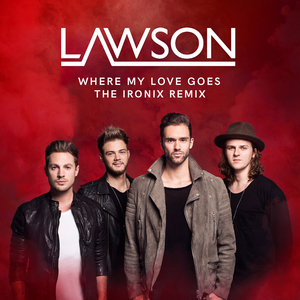

It’s pretty good, certainly a mile and half better than Roads Well Traveled. Which is a long way of getting to Doyle Lawson & Quicksilver’s new album, In Session. I just don’t see-and most importantly, hear-the appeal. I’ve heard him speak about his recent music, including Roads Well Traveled, and he sure seems to like what he is doing. It seems that he has just become too focused or maybe complacent, musically, on being Doyle Lawson-repeating the same old stuff with which he has found success. His most recent albums with Paul Williams and J.D. “Say Hello to Heaven” was a new low, contrived and nauseatingly shallow, flaws that also marred “I’m That Country” and “The King.”ĭoyle Lawson still has it, of course. Songs like “Dobro Joe,” “How Do You Say Goodbye to Sixty Years,” and “One Small Miracle” just didn’t cut it, being derivative of songs Lawson had previously performed to greater impact. Recent albums have suffered from weak material and generic and faceless lead singing, with Roads Well Traveled being a particularly telling point, in my opinion. Kind of like when Greg Brady needed to fit the Johnny Bravo suit.Īs much as I feel this way, I usually enjoy DLQ in concert-as long as the antics aren’t too predictable, and they sometimes are-and I appreciate their recordings, although not as much lately.

But, to me, it always seems everything is temporary with the band-it is just a matter of time before someone moves on and the next guy slips into the mix. Instead, Quicksilver boasts an almost constantly revolving lineup of musicians and singers, all of whom bring considerable talent to the band.

I first had this thought about ten years back when Quicksilver included folks like Jamie Dailey, Jesse Stockman, Barry Scott, and Terry Baucom, fully realizing Baucom was an original member of the group-by the time Dailey and Scott, in particular, left the band, DLQ was getting it as good as it can be got. I realize it may not be a popular opinion, and it may even get me into trouble, but I’ve always wondered how good DLQ would be if the band became a more stable group, with members expected to stay together for several years to grow into a true band-rather than be a bluegrass training ground or (my least favorite bluegrass term this side of ‘progressive’) ‘school of bluegrass.’


 0 kommentar(er)
0 kommentar(er)
